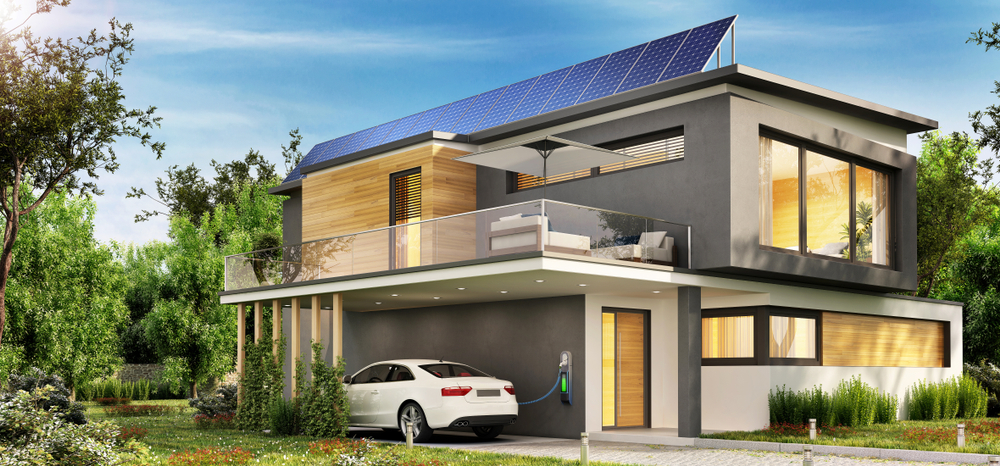Discover eco-friendly living solutions. Explore prefabricated and tiny homes, embracing sustainable materials and energy-efficient designs for a greener lifestyle. Incorporate smart technology to monitor and reduce energy consumption effortlessly.
What Are Eco Homes?
Eco homes, also known as sustainable or green homes, are designed and built to minimize their environmental impact. They incorporate various eco-friendly features and technologies to reduce energy consumption, conserve water, and promote overall sustainability. These homes prioritize the use of renewable energy sources, sustainable materials, and efficient building practices to create a healthier and more environmentally responsible living environment.1
The concept of eco homes has gained significant traction in recent years due to growing concerns about climate change and the need for sustainable living. Governments, architects, and homeowners are increasingly recognizing the importance of reducing the carbon footprint of residential buildings, which contribute to a substantial portion of global energy consumption and greenhouse gas emissions.
Eco homes employ various strategies to achieve sustainability. These include incorporating energy-efficient appliances and lighting, installing solar panels or wind turbines for renewable energy generation, utilizing rainwater harvesting systems, and implementing proper insulation to minimize heat loss. Additionally, eco homes often feature sustainable building materials such as recycled or reclaimed wood, bamboo, and non-toxic paints to reduce their environmental impact.
Prefab Homes, Tiny Homes, and More
Within the realm of eco homes, there are several innovative housing options that cater to different lifestyles and preferences. Prefabricated homes, also known as modular homes, are constructed off-site in a controlled environment and then assembled on the building site. This method offers numerous advantages, including reduced construction waste, shorter construction time, and improved energy efficiency due to precise manufacturing techniques.2
Tiny homes, on the other hand, are compact and mobile dwellings that prioritize simplicity and sustainability. They often incorporate eco-friendly features such as solar panels, composting toilets, and rainwater collection systems. Tiny homes appeal to individuals seeking a minimalist lifestyle, reduced environmental impact, and the freedom to relocate easily.
Other eco-friendly housing options include container homes, which repurpose shipping containers into unique and sustainable living spaces, and earth-sheltered homes, which utilize the insulating properties of the earth to maintain a comfortable indoor temperature while reducing energy consumption.
Sustainable Living Solutions
Eco homes extend beyond individual dwellings to encompass broader sustainable living practices. These practices aim to reduce resource consumption, minimize waste, and promote a healthier and more harmonious relationship with the environment.
Sustainable living solutions include adopting energy-efficient habits such as unplugging appliances when not in use, using public transportation or carpooling to reduce carbon emissions, and consuming locally sourced and organic food to support sustainable agriculture. Additionally, composting, recycling, and reducing single-use plastics are essential practices for minimizing waste and preserving natural resources.
Embracing sustainable living also involves fostering a connection with nature and the local community. This can be achieved through activities such as gardening, supporting local businesses, and participating in community initiatives focused on environmental conservation and social well-being.
Learn More About Eco Homes
For individuals interested in learning more about eco homes and sustainable living, numerous resources are available. Reputable organizations such as the U.S. Green Building Council (USGBC), the Passive House Institute, and the International Living Future Institute provide valuable information, guidelines, and certifications for eco-friendly building practices.
Additionally, attending workshops, seminars, and conferences related to sustainable living can offer opportunities for networking, learning from experts, and gaining practical insights into eco-friendly living solutions. Engaging with online communities, forums, and social media groups dedicated to sustainable living can also provide valuable support and inspiration.

